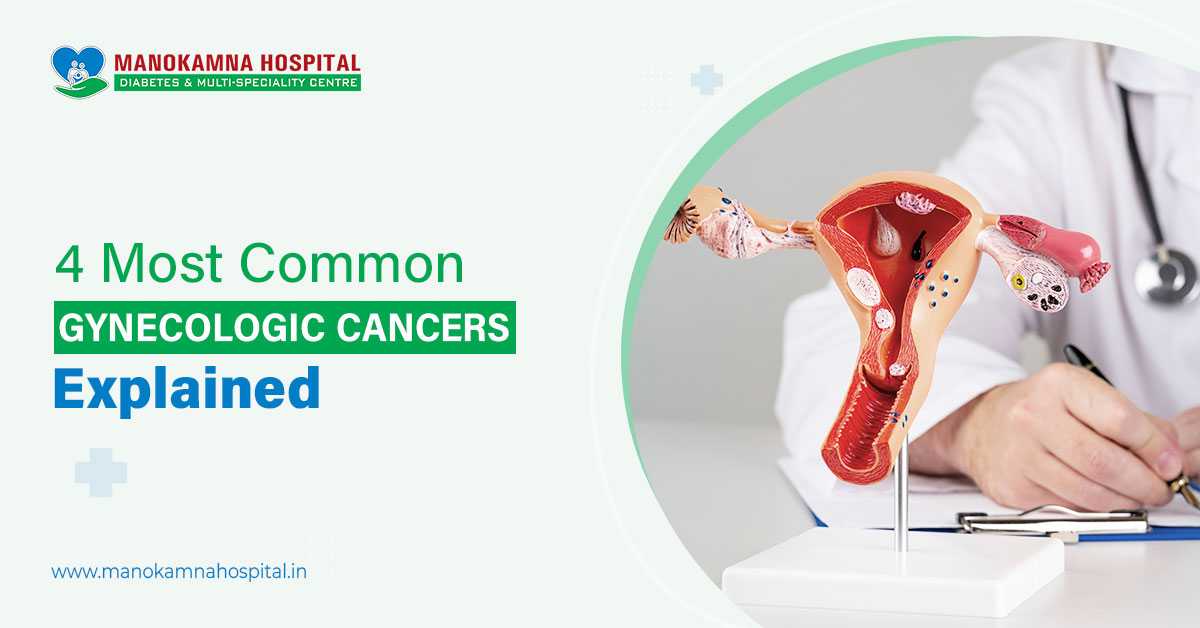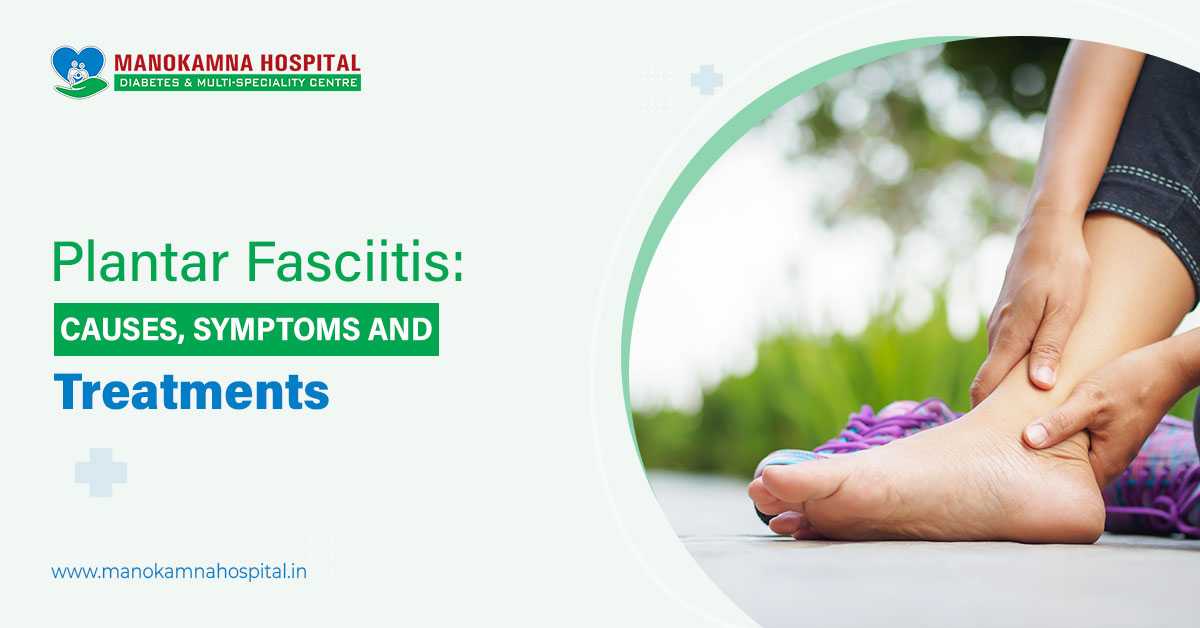Your kidneys have a vital role in keeping your body in balance. A wide range of functions – removing toxins, waste, excess water from the body, regulating blood pressure – performed by the kidney make your health in a good state. However, certain factors can put you at risk of kidney disease.
Chronic kidney disease, shortly termed CKD, is a long-term health condition. It brings a gradual loss of kidney function. As kidneys fail to work efficiently, toxins start to build inside your body. Over time, CKD results in renal failure. Reach out to the leading doctors for critical care in Siliguri.
Understand the Signs of CKD

Possible Symptoms of Chronic Kidney Disease/CKD
Signs of CKD develop with time. The following are symptoms and signs of CKD:
- Decreased urination
- Nausea
- Vomiting
- Swelling of ankles, feet, legs due to fluid retention
- Increased drowsiness
- Confusion
- Shortness of breath
- Loss of appetite
- Chest pain
- Muscle cramps
- Uncontrollable high blood pressure
The early stage of CKD may not show prominent signs. But if you see any of such symptoms or other health issues, make sure to consult a doctor. Early detection can be more beneficial.
An Overview of Chronic Kidney Disease
Kidneys are responsible for eliminating excess fluid and toxins from your body. Plus, kidneys have other significant functions to keep you healthy. But the accumulation of waste products in your body due to CKD/chronic kidney disease can be health-threatening.
Let’s have a look at each stage and its symptoms:
Early-Stage Kidney Disease
- Nausea
- Vomiting
- Reduced amount of appetite
- Chest discomfort/pain
- Unintended weight loss
- Uncontrollable high BP
Later-Stage Kidney Disease
- Weakness
- Cramps
- Insomnia
- Changes in urination
- Fatigue
- Darker skin
- Increased thirst
- Swollen ankles, feet
- Shortness of breath
- Hiccups
- Bone pain
Five Stages of Kidney Disease
GFR in stage 1 CKD – 90ml/min or high
GFR in stage 2 CKD – 60-89ml/min
GFR stage 3 CKD – 45-59ml/min
GFR in stage 4 CKD – 15-29ml/min
GFR in stage 5 CKD – less than 15ml/min
GFR (glomerular filtration rate) level defines how finely your kidneys filter blood.
What Leads to CKD?
Diabetes and hypertension are two of the leading reasons for chronic kidney disease. Other following causes include:
- Inflammation in the glomeruli
- Polycystic kidney disease
- Ongoing kidney infection
- Congenital kidney disease
- Persistent obstruction of the urinary tract
How Does Diabetes Cause Kidney Damage?
Kidney damage caused by diabetes is not an overnight outcome. High blood sugar level, namely diabetes, is a silent killer. That means diabetes gradually affects your kidneys in most cases.
With time, poorly controlled high blood sugar levels cause damage to the blood vessels and nephrons. And that lets waste products retain inside the body. Thus, diabetes not only damages your kidneys but also increases your blood pressure level.
High blood pressure is itself a risk factor for kidney damage. Uncontrolled high BP causes renal arteries to narrow or harden. These arteries get unable to supply enough blood to kidney tissue.
Does Kidney Damage Require Critical Care?
Patients with chronic kidney disease may have a greater risk of health complications. They might need intensive or critical care for healthy survival. Admission to the critical care unit provides patients with evidence-based immediate treatment for promising recovery.
Medical Care for Kidney Disease
Different types of tests/diagnostic methods – a physical exam, blood test, urine test, MRI scan, ultrasound sound, CT scan, biopsy – help evaluate if you have CKD. You may/may not need all of these tests of kidney disease.
Get Optimal Medical Care For CKD
If you’ve been diagnosed with CKD, your specialist may go for certain medications to - regulate hypertension, high cholesterol, red blood cell production, vitamin D level, urination. Other meds aid in nausea, vomiting, itchy skin, phosphate level.
Make sure that you listen to your diabetologist if you have this condition. Maintaining a healthy lifestyle with medical guidance keeps numerous health complications at bay. You can visit a diabetologist in Siliguri at the best multi-specialty hospital.
Manage to stick to a kidney-friendly diet as guided by your specialist. Medical care for end-stage kidney function revolves around dialysis and kidney transplant. Doctors ensure the most suitable option for your wellbeing.




